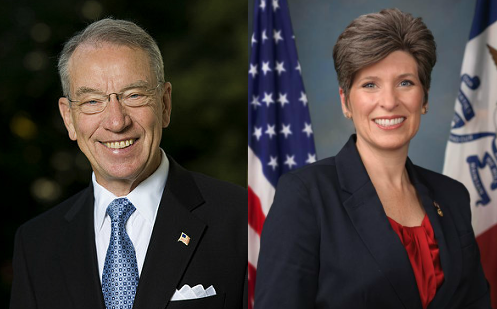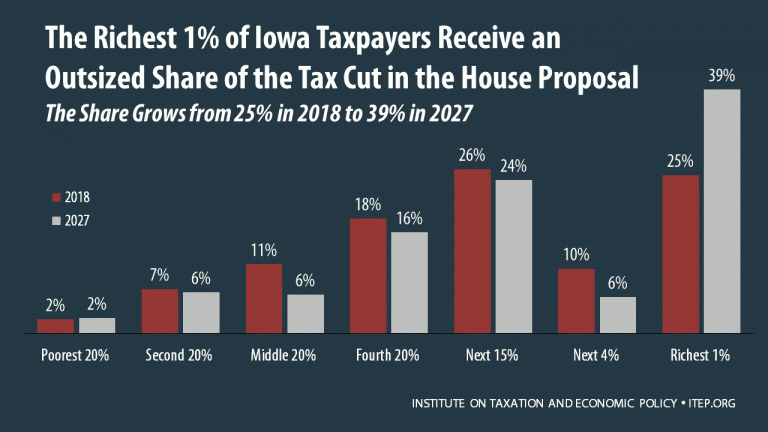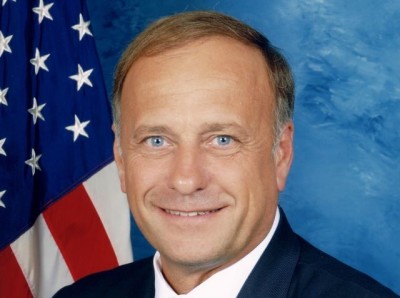A federal government shutdown before October appears unlikely now that the U.S. House has approved a $1.1 trillion deal to fund the government through the current fiscal year. The roll call for the May 3 vote shows that Iowa’s Representatives David Young (IA-03) and Dave Loebsack (IA-02) were among the 131 Republicans and 178 Democrats to support the funding measure. Representatives Rod Blum (IA-01) and Steve King (IA-04) voted against it. Cristina Marcos reported for The Hill,
Democrats claimed victory over what the spending bill lacked: funding for the U.S.-Mexico border wall promised by President Trump, restrictions on federal grants for so-called “sanctuary cities” that shield immigrants from deportation and steep cuts to domestic programs proposed by the White House. […]
The legislation also includes an extension of health benefits for retired coal miners and $1.1 billion in disaster assistance. Funding for Planned Parenthood remains untouched.
Republicans, unable to otherwise advance many conservative policy priorities in the bill, touted the $15 billion increase for defense spending. That’s approximately half of the $30 billion in supplemental military spending requested by the Trump administration earlier this year.
It’s still a break from the Obama era, when Democrats insisted that any hike in defense spending had to be matched by an increase in non-defense programs.
Assuming the U.S. Senate passes the spending bill tomorrow, President Donald Trump can sign it before current funding expires on May 5. Trump seems to be itching for a government shutdown, but not just yet.
The other big news from the House is that Republican leaders now believe they have the votes to pass a health care reform bill on May 4. Young is among the high-profile flip-floppers on the American Health Care Act. In March, he opposed the bill, saying health care fixes must be “done in the right way, for the right reasons, and in the right amount of time it takes to ensure we avoid the mistakes of the past. We need to be thoughtful and deliberate and get this right to achieve accessible, affordable quality healthcare.” Over the past week, his staff have told hundreds of constituent callers (some as recently as today) that he opposed the bill.
But this afternoon, Young agreed to co-sponsor an amendment providing a pitiful extra $8 billion over five years–spread across an unknown number of states–to cover people with pre-existing conditions. Get this: the $8 billion would go to states that “apply for waivers allowing insurers to charge higher rates based on a person’s ‘health status’”–that is, states that let insurance companies gouge people with pre-existing conditions. Young has previously stated, “no one should be denied access to affordable healthcare because of a pre-existing condition.” He repeated that commitment in a recent meeting with Indivisible activists.
Aviva Aron-Dine of the Center on Budget and Policy Priorities explained that “the $8 billion would restore less than 1 percent of the nearly $1 trillion the House bill cuts from programs that help people afford coverage.” Furthermore, “the House bill creates major problems for people with pre-existing conditions that the new funding doesn’t even purport to solve.”
Bleeding Heartland will have more to say on health care reform in a forthcoming post. For now, read Sarah Kliff on the absurdity of House Republicans voting for a bill that will affect millions of people and a huge portion of the U.S. economy, “without knowing how many people it covers or how much it would cost.” Nothing supports Young’s press release asserting that the new GOP proposal “will help make healthcare coverage less expensive than under current law […] and accessible for patients who need it most.”
Blum has not commented publicly on his plans, but Congress-watchers expect him to follow Young’s path, voting for a bill he claimed to oppose on principle six weeks ago.
Continue Reading...

























